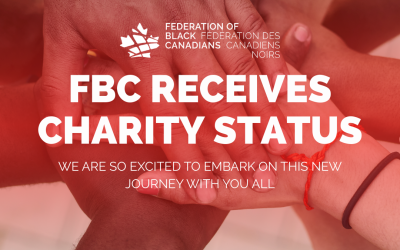Written By: Morola Solar
In today’s blog post, we will address gender diversity in education, focusing on the Black community. We aim to make complicated data understandable and interesting so that community members can understand gender diversity and the government’s efforts in this area.
When examining gender diversity in education, it is very important to consider the unique challenges faced by Black Canadians. Statistics such as differences in high school graduation rates and underrepresentation in STEM professions are a clear indication of the need for specific efforts to promote equity and inclusivity.
Welcome to the GDIS Hub
The Gender, Diversity and Inclusion Statistics (GDIS) Hub is your gateway to comprehensive data on gender diversity and inclusion. This platform offers extensive intersectional and disaggregated data, offering insightful information about the status of gender diversity in Canada. For more details, visit the [Gender Results Framework]
The Six Frameworks
As part of our series on gender diversity, we will explore six frameworks, starting with the topic of education and skills development, and its impact on the Black community. By incorporating key terms such as intersectionality, equity, inclusive curriculum, and gender-responsive education, we aim to shed light on the multifaceted nature of gender diversity in educational settings.
Theories and Key Concepts to pay attention to:
- Intersectionality: Understanding how various social identities (race, gender, class) intersect to shape experiences.
- Equity: Ensuring fair access to opportunities and resources.
- Gender Stereotypes: Challenging preconceived notions that negatively impact career choices.
- Inclusive Curriculum: Designing educational content that reflects diverse identities and experiences. For example, consider a classroom that uses stories and examples from various cultures and genders, making all students feel seen and valued.
Opinion on Data Results
The data reveals a shocking reality: only 22% of Black women hold degrees in STEM fields, compared to 39% of their non-Black counterparts. This difference emphasizes the importance of addressing systemic barriers and promoting equal opportunities within the education system.
One crucial aspect of gender diversity is the representation of women in STEM fields. While progress has been made, there is still work to be done to increase the percentage of women pursuing careers in science, technology, engineering, and mathematics. Gender-neutral policies and the elimination of gender stereotypes can create a more welcoming atmosphere for all future STEM workers.
Organizations and Resources
In Canada:
- The Black Business and Professional Association (BBPA): Provides scholarships and mentoring for Black students. [Learn More]
- Canadian Women’s Foundation: Supports gender equality and offers resources for women in education. [Learn More]
Internationally:
- UN Women: Advocates for gender equality and the empowerment of women and girls. [Learn More]
- Girls Who Code: Aims to close the gender gap in technology by teaching girls coding and leadership skills. [Learn More]
Conclusion
Understanding and addressing inequalities in gender diversity is essential for creating a more equitable education system. We can work toward a future where everyone, regardless of gender or background, has equal access to educational opportunities by embracing these ideas and activities. Together, let’s get started on this path to a more diverse and inclusive educational environment.
For more detailed statistics and insights, explore the [GDISHub]



